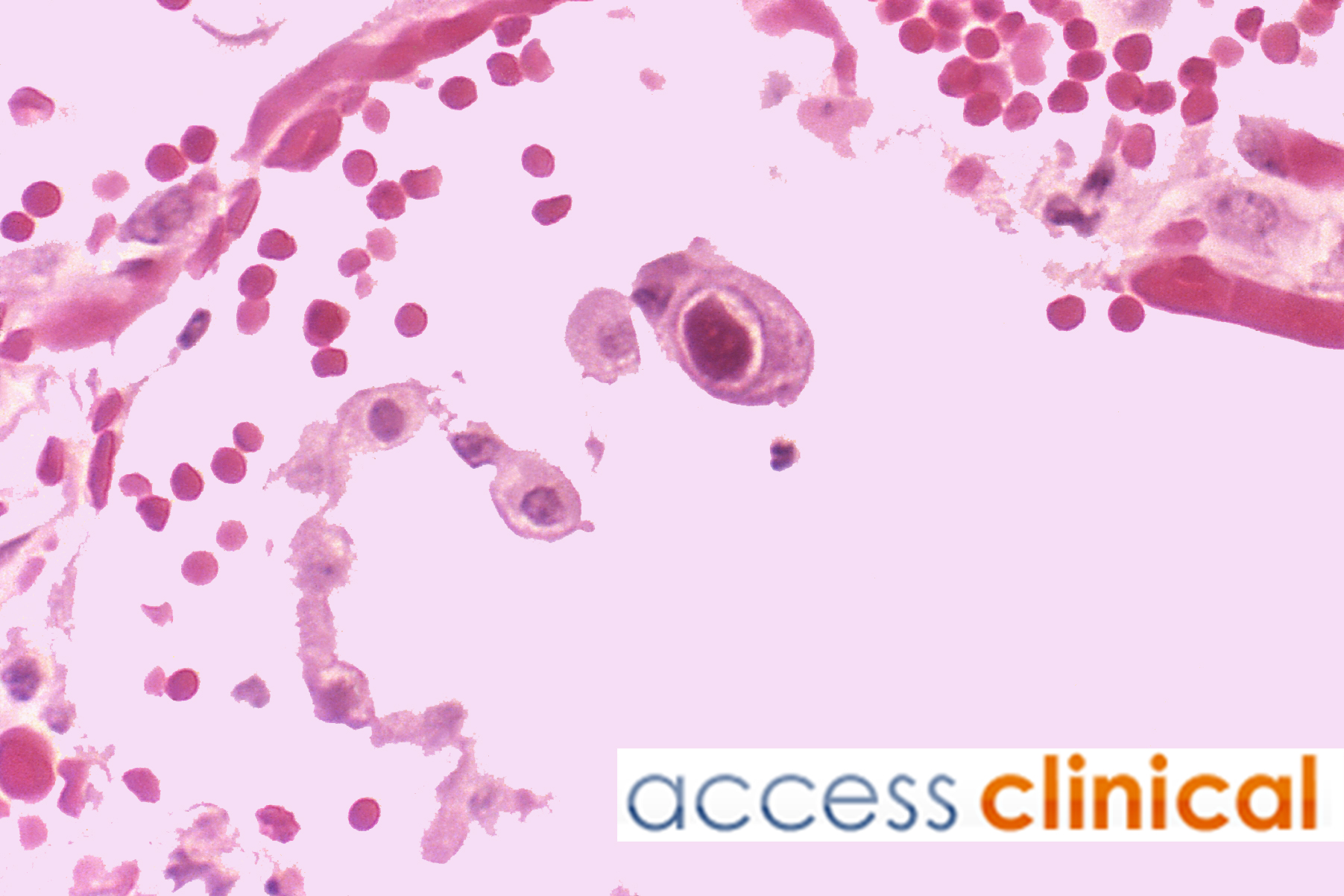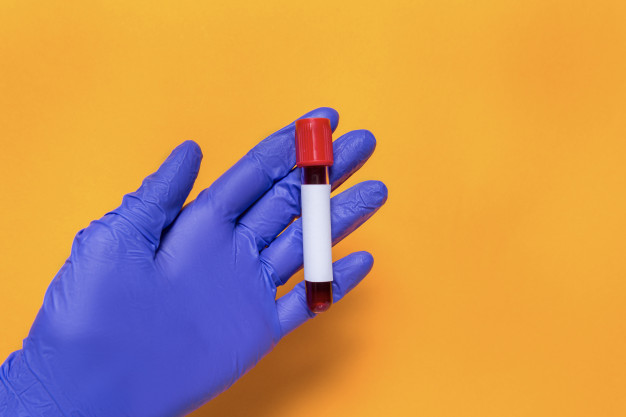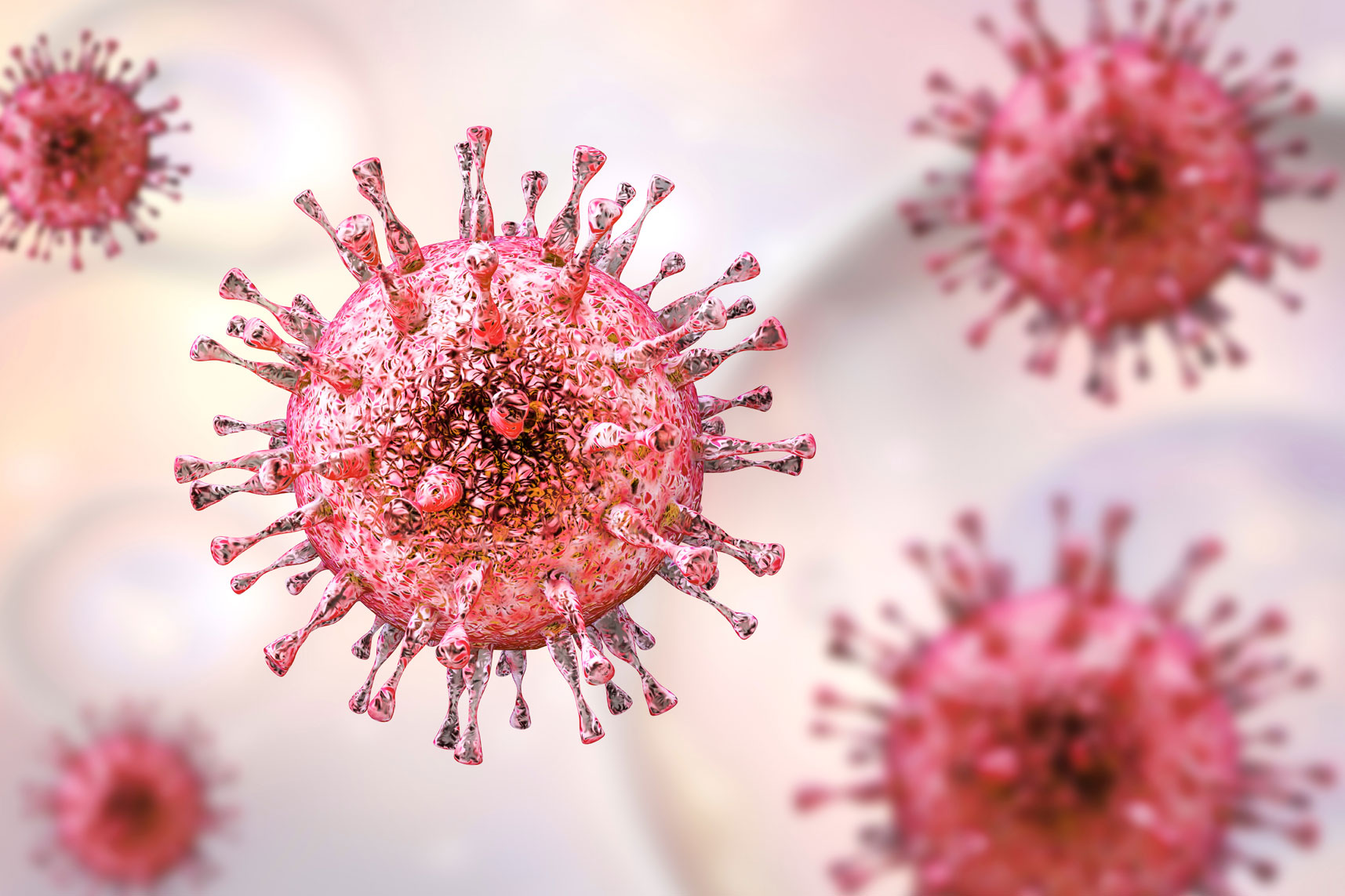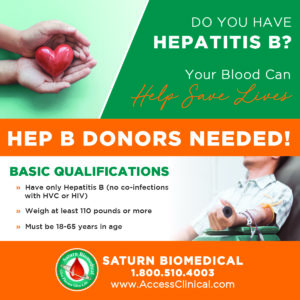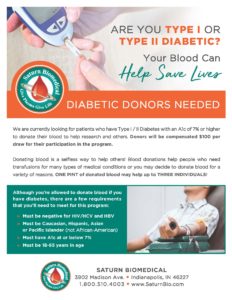Is Cytomegalovirus Blood Donation easy?
Donating Cytomegalovirus blood donations are rather easy due to their quick screening procedures before the donation. Donations are essential for patients and people encountering various life threatening diseases out of which cytomegalovirus is one of them, blood issues and malignancy development. There are many people that can donate but are too scared to because they think the process is too complicated to sit through.
Life saving blood donations can help patients recover from diseases. A singular blood donation at Access Clinical can offer one to four patients an opportunity to beat the cytomegalovirus that they are fighting. We help you comprehend how easy the process is and help you debunk the myths around donating.
The blood that is donated is thoroughly checked through a per screening and post donation test. You must make sure that you have a full stomach and are well hydrated on the day you donate blood. After you finish, you’ll get a reward from us to compensate for the volume of blood you have lost. People often think that giving blood hurts but that’s certainly not the case.
You may feel your arm being sore but that feeling only comes in after the donation is complete, a simple cotton band aid will help you feel better. Any heavy lifting or stressful work should be avoided for up to 5 hours post the donation. This way, you can keep your body healthy and continue donating many times a year.
The myths around donating blood need to be debunked to prove that blood donation is not as daunting as you think it may be. The entire process is as painless as it could be. The time it takes for a blood donation depends on the proportion of blood required. Donating whole blood can take up to 10 minutes but donating a certain quantity of blood takes much lesser time.
Cytomegalovirus Blood donation is a rather painless and safe way to donate and help those who are struggling from cytomegalovirus disease. Access Clinical can help you play an important role in saving the lives of many patients.

